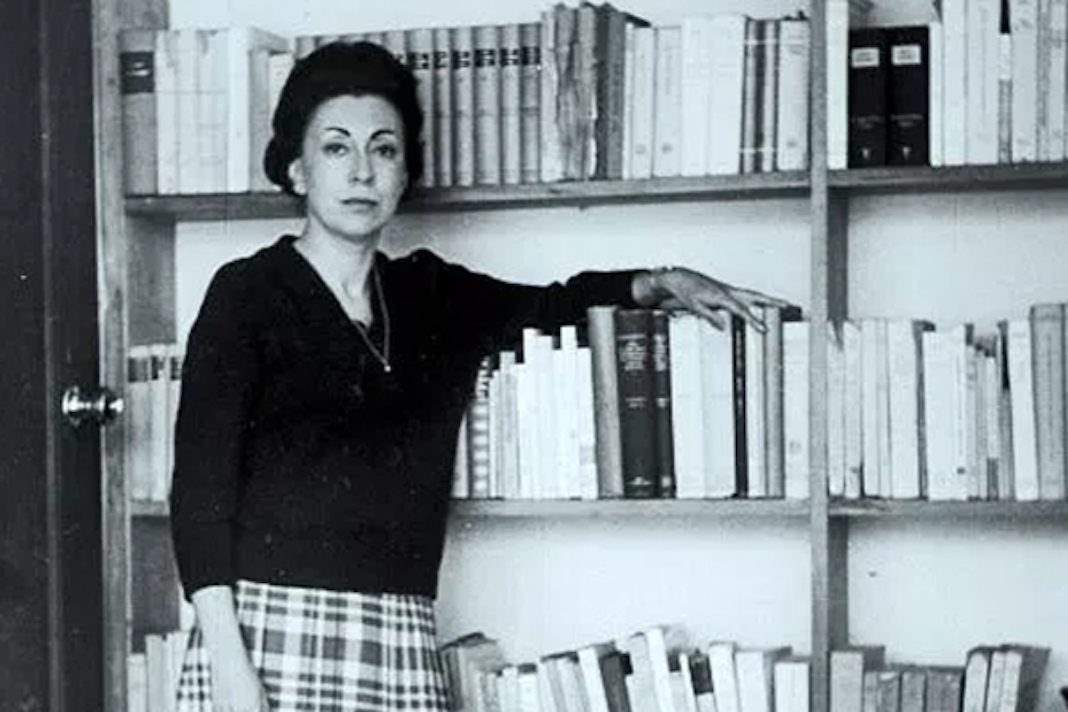Rosario Castellanos and Her Quest for Social Justice
Discover the life and work of Rosario Castellanos, a trailblazing Mexican writer and pioneer of Latin American feminism. Learn about her advocacy for women's rights and social justice and the impact she had on Mexican and Latin American literature.

Rosario Castellanos is an iconic Mexican writer who contributed to the literary world by tackling sensitive issues such as gender inequality, discrimination, and social injustice. Born in Mexico City in 1925, Castellanos was a trailblazer for Latin American feminism and an advocate for women's rights. Her literary works were infused with a strong autobiographical element, which highlighted her unique experiences as a woman writer, diplomat, professor, and mother.




